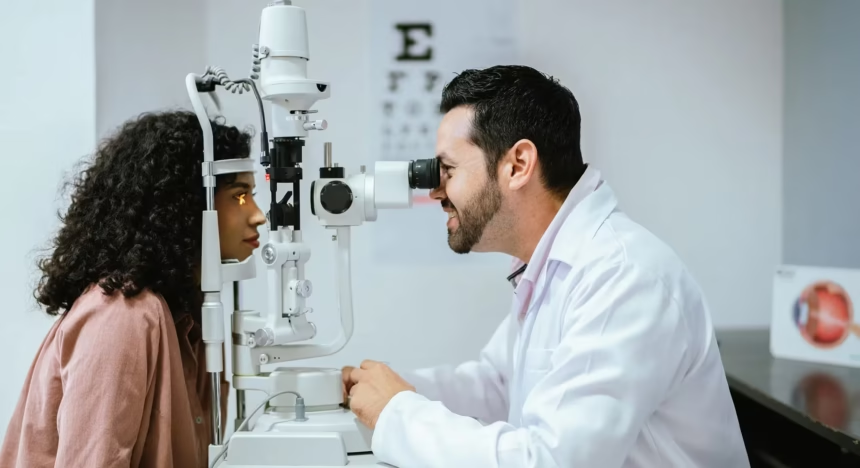Ophthalmologists are medical doctors who specialize in diagnosing and treating a wide range of eye conditions, from common vision problems to complex diseases requiring surgery. With numerous subspecialties and treatment approaches available, selecting the right ophthalmologist is key to maintaining long-term eye health. Understanding what to look for in an ophthalmologist helps patients make informed choices and makes sure they receive effective, personalized care for their vision needs.
Understanding What Ophthalmologists Do
Ophthalmologists are medical doctors who specialize in complete eye and vision care. These eye physicians diagnose and treat all eye diseases, perform eye surgery, and prescribe corrective lenses. Unlike optometrists, ophthalmologists complete medical school and specialized residency training in the field of ophthalmology. This extensive training enables them to effectively handle complex conditions, such as retinal detachment, diabetic retinopathy, and macular degeneration.
Eye care specialists also subspecialize in specific areas of ophthalmology. Some focus on retinal conditions, while others specialize in corneal diseases or pediatric eye care. Knowing these specializations helps you identify the most appropriate physician for your specific needs.
Selecting an Ophthalmologist
Board certification is the foundation for evaluating any ophthalmologist. This certification indicates that the physician has completed the required training and passed the comprehensive examinations. You should verify board certification through the official websites of the relevant medical boards.
Experience with your specific condition matters significantly. A physician who regularly treats your particular eye condition will have refined techniques and updated knowledge about the latest treatments. Ask about the number of cases similar to yours that the ophthalmologist has handled.
Technology and equipment quality directly impact diagnostic accuracy and treatment outcomes. Modern ophthalmology practices use advanced imaging systems, laser equipment, and surgical tools. Practices with state-of-the-art technology often provide more precise diagnoses and effective treatments.
Evaluating Patient Experience
Patient reviews and testimonials provide insights into the quality of care and patient satisfaction. Look for consistent patterns in reviews rather than focusing on individual comments. Pay attention to mentions of thoroughness, communication skills, and treatment outcomes.
Office location and scheduling convenience affect your ability to maintain regular care. Ophthalmologists often require multiple visits for treatment and follow-up care. Choose a practice with convenient locations and reasonable appointment availability.
Insurance acceptance and payment options impact the affordability of your care. Verify that your chosen ophthalmologist accepts your insurance plan. Some specialized treatments may require pre-authorization or result in higher out-of-pocket costs.
Building a Long-Term Partnership
Communication style compatibility helps establish a productive relationship between doctor and patient. Your ophthalmologist should explain diagnoses and treatment options clearly, answer questions thoroughly, and respect your concerns. Good communication builds trust and helps you make informed decisions about your eye health.
Treatment philosophy alignment is helpful for chronic conditions or ongoing care. Some physicians prefer conservative approaches, while others may recommend aggressive treatments. Understanding your doctor’s treatment philosophy helps you make decisions that align with your preferences.
Consult Ophthalmologists Today
Selecting the right ophthalmologist requires thorough research and careful evaluation of multiple factors. Start by identifying board-certified ophthalmologists in your area who specialize in your specific eye health needs. Research their experience, technology, and patient reviews to narrow your choices. After deciding on a provider, schedule a consultation with expert ophthalmologists to begin protecting your eye health.









